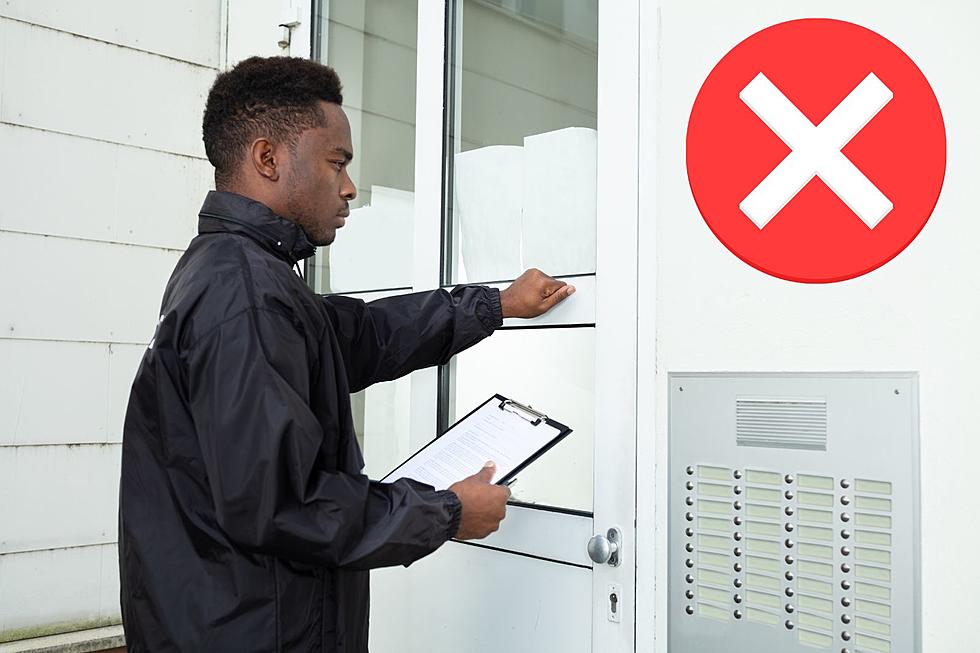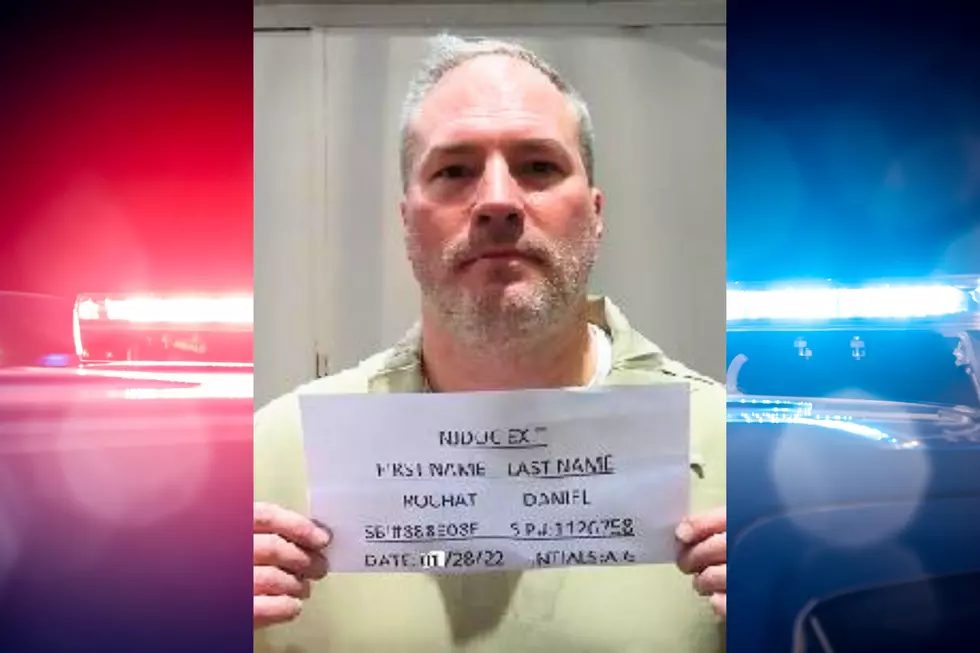
Signed up for NJ ‘do not knock’ registry — Why are people still knocking?
🔴 'Do not knock' ordinances don't block everyone from bothering you at home
🔴 There are fines attached to "do not knock" violations
🔴 Many towns require individual solicitors to be cleared to go door-to-door
Being a part of your town's "do not knock" registry does not mean you'll never be bothered at home again.
You may have gone through the paperwork process to ensure that door-to-door visitors skip over your home. But any local ordinances that create no-knock lists also have to adhere to the U.S. Constitution.
That means members of religious and charitable groups can ignore any sticker you may have on your door. The exemption also includes political campaigners.
In fact, if salespeople don't do their homework, you could technically get a knock from anyone, despite your registration with the town.
That's why municipalities across the state have penalties and/or licensing requirements included as part of their "no-knock" rules.
Can a solicitor knock at my door?
"Do not knock" ordinances are meant to block solicitors and peddlers from knocking on your door.
Some New Jersey towns provide registrants with a sticker to place on their door. At the same time, towns will keep a list of all registrants so that solicitors know which homes to avoid on their routes.
Here's the do-not-knock list that solicitors can access for Woodbridge Township. These registries only include addresses, not names.
But not all salespeople may be aware of a town's regulations. They'd be wise to brush up on local rules, though: Many towns threaten hefty fines for anyone who violates the registry.
In Jersey City, for example, anyone who is found to be in violation of their ordinance will be fined up to $1,250. A first offense in Fair Lawn is subject to a minimum fine of $250.
To keep complete strangers out of neighborhoods, many municipalities have a licensing process in place for anyone who'd like to go door-to-door. A license typically requires a fee — in Bordentown, for example, the fee is $75.
In Hamilton Township, Mercer County, any individual (not their employer) who plans to go door to door needs to get fingerprinted and go through a background check before being issued a license and badge from the township.
"We do encourage all companies to check their local municipalities for their rules and regulations, and the ordinances," said Alison Sabo, municipal clerk for Hamilton.
Roughly 1,200 residents are part of Hamilton's registry. Sabo said the township receives calls daily from folks on the list who are still getting bothered at home by solicitors, even though the township updates its online registry every quarter.
In Hamilton, residents need to re-register every four years in order to keep their no-knock status. In some spots, a homeowner's participation is valid until they notify their town otherwise.
Dino Flammia is a reporter for New Jersey 101.5. You can reach him at dino.flammia@townsquaremedia.com
Click here to contact an editor about feedback or a correction for this story.
LOOK: Food and Personal Care Shortages We Could See In 2023
Weird things NJ taxes - and some they don't
LOOK: The 25 least expensive states to live in
More From New Jersey 101.5 FM









